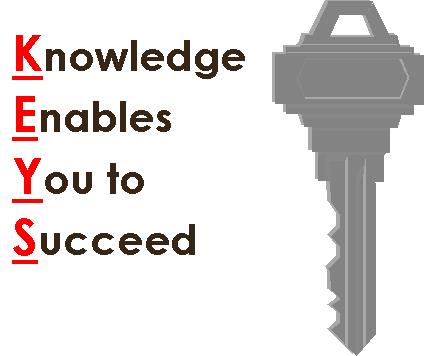Frequently Asked Questions
At GAP Financial Services, we've done our best to create a Web site that anticipates and satisfies our customers' needs. With that goal in mind, we've compiled a list of frequently asked questions. If you do not find an answer to your question here, contact us at (920) 897-4130 or sandie.gapfinancial@gmail.com.
CHAPTER 128.21 FAQ
Q. How do I know if I qualify for a Chapter 128.21?
You must be a Wisconsin Resident, you must be employed, and you must be able to afford a 3-year repayment plan.
Q. Will filing a Chapter 128.21 hurt my credit?
See our information on credit ratings.
Q. Do I have to go to Court when I file a Chapter 128.21?
No. These actions are filed with the Court and do not normally require any type of Court appearance by you or your attorney. There are, however, rare exceptions when a Judge may call for a hearing.
Q. How does filing a Chapter 128.21 affect my ability to obtain new credit?
You will need to explain, in advance, to the credit grantor that you have filed the Chapter 128.21. Each credit grantor is different. Where one may understand that you are paying off your debt, another may see the filing of a Chapter 128.21 as a negative. We cannot and do not make any guarantees in this area.
Q. How soon can I file a Chapter 128.21?
Once we have completed a consultation with you, we will have the necessary information to share with your attorney. It is possible to file within 24 hours of your consultation if you have the money for the necessary fees and we have all of the information that is needed.
Q. How much does it cost to file a Chapter 128.21?
See our service listings.
Q. I have judgments or garnishments. How can a Chapter 128.21 help me?
You can include debts that have judgments and garnishments filed against them. The Chapter 128.21 has a provision to protect you against future garnishment actions. If your debt is listed in the Chapter 128.21 action and you are presently being garnished, your creditor will have to stop. There are special provisions given to creditors who have a secured debt. If you have a situation where a creditor has threatened or may have already taken an action to repossess the collateral that you pledged, legal advice may be appropriate.
Q. If I file Chapter 128.21, does that prevent me from filing for a form of bankruptcy in the future?
No. Since a Chapter 128.21 is not a form of bankruptcy, there is nothing that prevents you from filing for bankruptcy in the future.
Q. Is Chapter 128.21 bankruptcy?
No, although it has similarities to a Chapter 13 bankruptcy, these actions are filed in the Circuit Court as Civil actions. Creditors cannot report your account as bankrupt.
Q. Can I file joint with my partner if we are not legally married?
No, each of you would have to file your own action if you are not legally married. We can determine the affordability of the action by using information from both of you; however, you must be legally married to file a joint action.
Q. Does this action appear in the newspaper?
Any newspaper that prints civil actions will also include Chapter 128.21 actions.
Q. What debts can go into a Chapter 128.21?
The Chapter 128.21 is designed for unsecured debts. We are very careful when considering including a debt that has collateral pledged. Debts such as medical, credit card, collections, some past due utility bills, and payday loans are good candidates for the Chapter 128.21. Federal debt, including student loans and Federal tax liabilities, are not good candidates for the Chapter 128.21. Please be prepared to share all of your debt when you come for your consultation. We will assist you in determining if a debt is a good candidate for your Chapter 128.21 action.
Q. Can I pay off a Chapter 128.21 action early?
Yes you can; however, you may not experience large savings. You do not pay interest on the debts listed in a Chapter 128.21 action, because you are already paying a trustee fee. To successfully pay off the Chapter 128.21 action, all of the funds need to pass through the Trustee’s office. You will be paying the entire trustee fee; however, you will receive a rebate for unused postage. You will need to determine if the savings that you have received from not paying interest is sufficient enough to justify paying off your 128.21 action early. The major advantage that you have by paying off early is that your debts begin to show up as paid in full and your financial life can begin to move forward.
More Chapter 128.21 FAQ’s can also be found at www.wichapter128-21.com.
More General FAQ’s can be found here.
|

